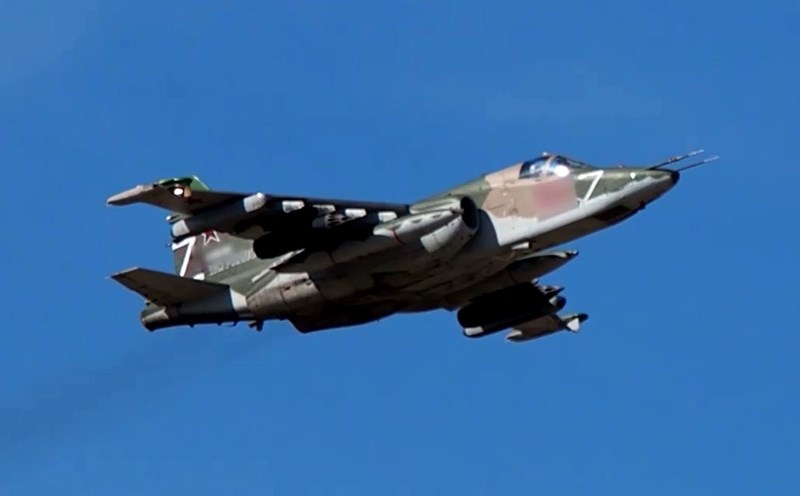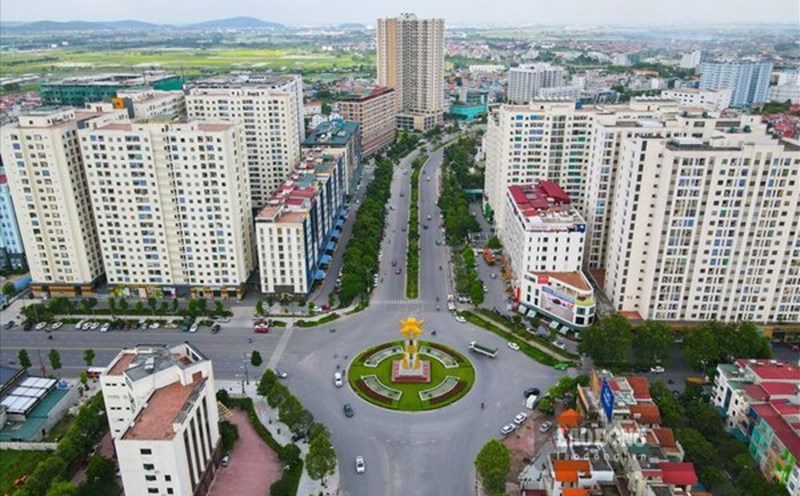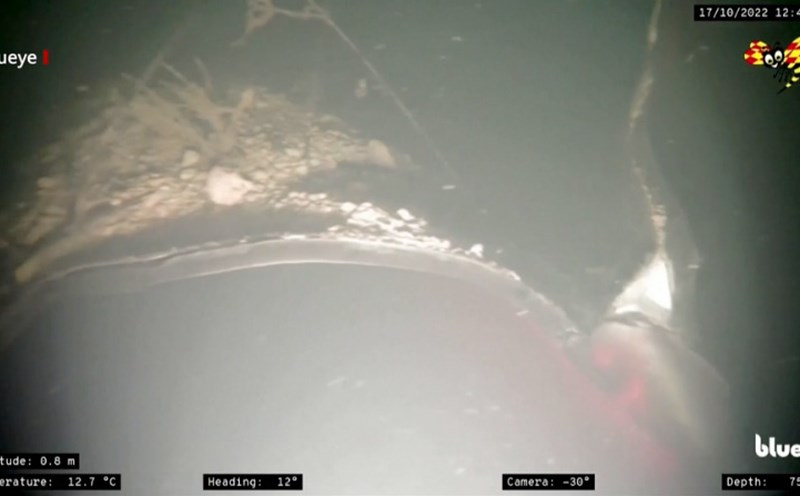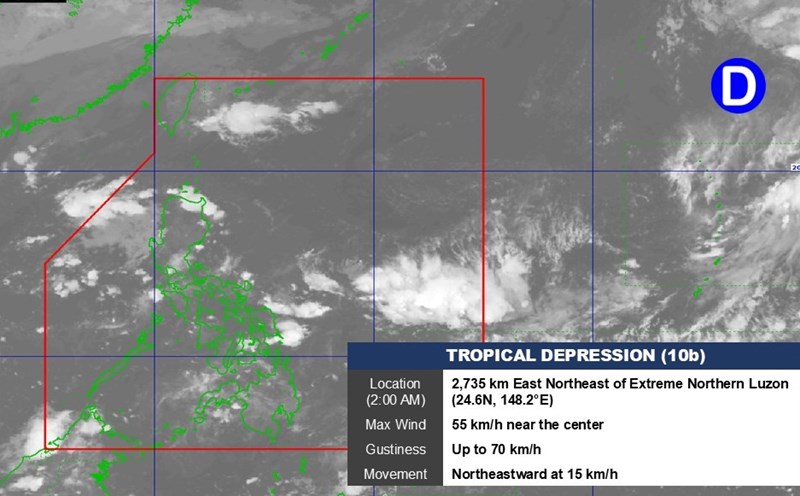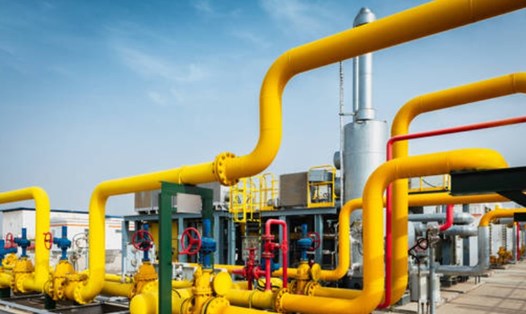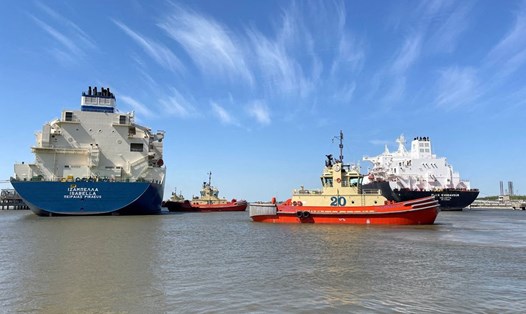Ngày 28.9, Thủ tướng Hungary Viktor Orban cho biết Liên minh Châu Âu đã áp đặt các biện pháp trừng phạt chống Nga đối với cả người dân các nước thành viên của khối.
EU không hỏi người Châu Âu về ý kiến của họ đối với chính sách trừng phạt nhưng khiến họ phải trả giá vì những hạn chế áp đặt lên Nga đã phản tác dụng - RT dẫn lời ông Orban cho biết trong một loạt bài đăng trên Facebook. Ông cảnh báo, các biện pháp trừng phạt của EU đối với chiến dịch quân sự của Nga ở Ukraina sẽ thiệt hại lớn cho Châu Âu. Các hạn chế khiến người Châu Âu nghèo hơn vì giá năng lượng tăng vọt.
“Đã đến lúc phải trung thực về điều đó với những người bạn Mỹ của chúng tôi. Cho đến khi quá muộn” - Thủ tướng Hungary nói và chỉ ra vai trò của Mỹ trong chiến dịch trừng phạt toàn cầu chống Nga.
Ông Orban lập luận rằng, các biện pháp trừng phạt Nga đã không thể chấm dứt xung đột ở Ukraina và dường như còn gây tổn thương cho Châu Âu nhiều hơn Nga.
Hungary phụ thuộc nhiều vào nguồn cung cấp năng lượng của Nga. Budapest cũng là một trong những tiếng nói phản đối kiên quyết nhất đối với các lệnh trừng phạt năng lượng của Brussels đối với Mátxcơva, và đặc biệt phản đối việc cấm nhập khẩu dầu của Nga cho đến khi được EU miễn trừ. Hungary vẫn tuyên bố tình trạng khẩn cấp do thắt chặt nguồn cung cấp năng lượng vào mùa hè này.
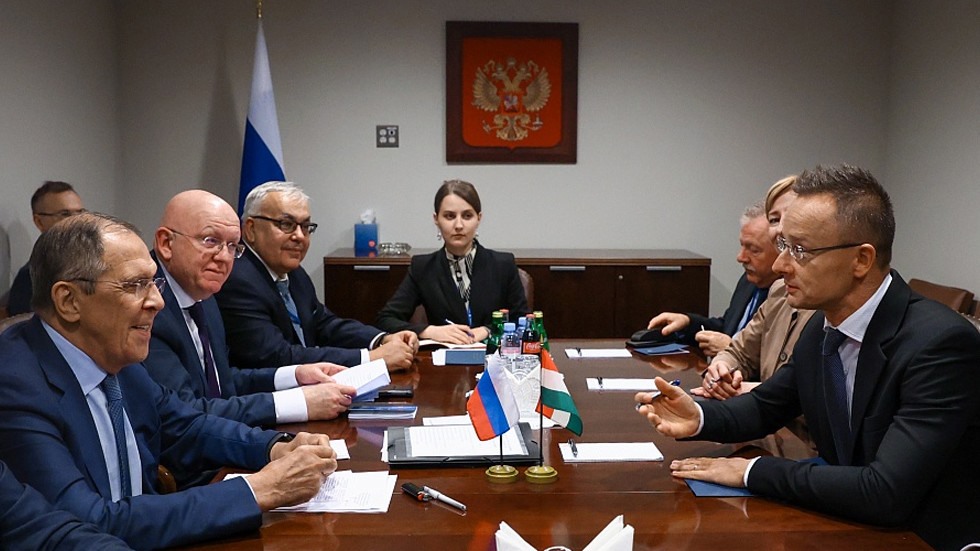
Ngày 28.9, Thủ tướng Orban xác nhận kế hoạch tổ chức các cuộc tham vấn quốc gia về các lệnh trừng phạt của EU đối với Nga, nói rằng ông yêu cầu "mọi người lên tiếng, vì chỉ có thể chấm dứt việc tăng giá năng lượng bằng cách hành động cùng nhau”. Hungary là quốc gia EU đầu tiên làm như vậy.
EU đang đối mặt khủng hoảng năng lượng. Kể từ khi Nga bắt đầu chiến dịch quân sự ở Ukraina vào cuối tháng 2, giá khí đốt đã leo lên mức cao kỷ lục ở Châu Âu. Vào cuối tháng 7, các nước thành viên EU đã nhất trí về kế hoạch giảm tiêu thụ khí đốt 15% trong những tháng tới, nhằm tăng cường an ninh năng lượng của khối vào thời điểm EU tìm cách thoát khỏi sự phụ thuộc năng lượng Nga.
Nga cũng giảm xuất khẩu khí đốt sang Châu Âu, với lý do các vấn đề kỹ thuật liên quan đến các lệnh trừng phạt mà phương Tây áp đặt đối với chiến dịch quân sự của Nga. Rò rỉ hàng loạt trên đường ống dẫn khí Nord Stream của Nga - được cho là hậu quả của cuộc tấn công có chủ đích - đã khiến giá khí đốt ở Châu Âu tăng thêm.
Giá cả tăng trong một thời gian khá dài khiến một số quốc gia EU, bao gồm cả Đức - cường quốc kinh tế của EU - rơi vào tình trạng khó khăn. Vào đầu tháng 9, nhà nhập khẩu khí đốt lớn nhất của Đức là Uniper đã yêu cầu hỗ trợ tài chính bổ sung từ chính phủ do gặp khó khăn trong việc thay thế nguồn cung cấp khí đốt bị thiếu của Nga mặc dù trước đó đã nhận được hàng tỉ euro cứu trợ.
Trung tâm nghiên cứu hạt nhân Châu Âu (CERN) cũng thừa nhận vào tháng 9 rằng cuộc khủng hoảng năng lượng đang diễn ra đe dọa hoạt động của máy gia tốc hạt lớn nhất thế giới, có thể bị đóng cửa để giảm gánh nặng tiêu thụ năng lượng vào những lúc nhu cầu cao điểm.




